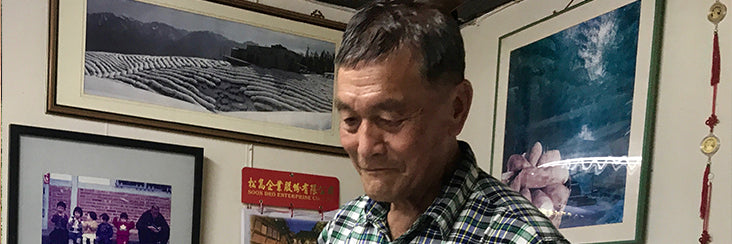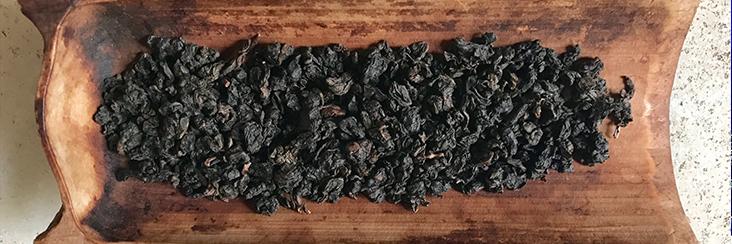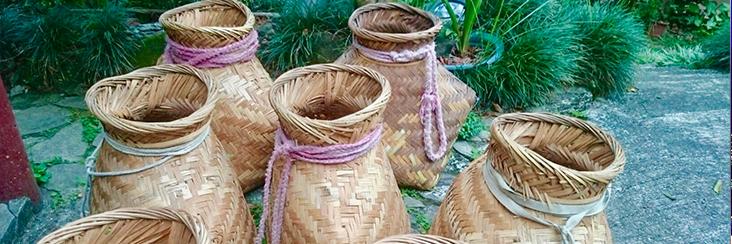Eco-Cha Tea Club

Light Roast Phoenix Village Oolong Tea | Eco-Cha Tea Club
We recently visited Mr. Liu when we hosted a visitor from Italy who was keen on experiencing the local tea culture. Our guest was truly elated to be served tea by a true artisan of the trade. Mr. Liu served us three different teas that were all locally harvested this past spring. They varied only in their degree oxidation and roasting. And the one that was sufficiently oxidized, but only lightly roasted, immediately impressed us.

Tieguanyin Oolong Tea Tasting Notes | Eco-Cha Tea Club
In many cases, traditional styles of tea making involve much more "curing" of the tea leaves that has the dual purpose of bringing out a strong, distinct character, and stabilizes the tea leaves to maintain its flavor — giving it a prolonged shelf life as well as a discernible profile. In this sense, Tieguanyin Oolong is a prime example of a traditional product of regional origin. Initially brought from mainland China, this tradition took root in Northern Taiwan in the 1800's, and it has survived to this day.

Tieguanyin Oolong Tea | Eco-Cha Tea Club
This farm is the only place we've seen the baskets shown above still being used in Taiwan for harvesting tea by hand. They are now typically displayed as a memoir of generations past. This in itself is a symbol for the tradition that this farmer has made his vocation to preserve. At the young age of 20, he inherited his family farm in the historical tea producing area of Muzha in Taipei County, and has dedicated the last 30 years of his life to keeping the tradition alive by making the type of tea for which this place name has been renowned for well over 100 years - Tieguanyin Oolong.

